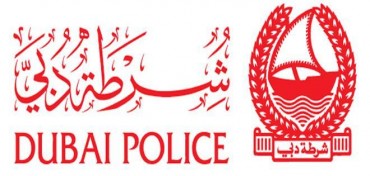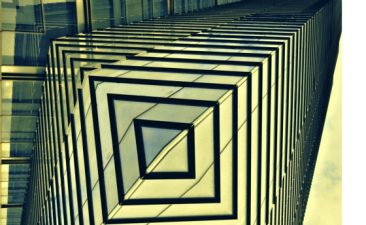
With Dubai’s government close to finalizing legislation, property owners in the Emirate may soon have the option to feed solar power into the grid so they can make money from feed-in tariffs.
As of recently, there has been much encouragement from industry sources for the use of solar power on rooftops. Mounting photovoltaic panels on rooftops of residential and office buildings or industrial facilities can be beneficial for they can provide electricity and create a surplus that can be fed into the grid.
“In the next 12 months, we will see a constant increase of solar infrastructure. Not only standalone facilities, but to actually power our villas, our parks, our residential communities,” said Ivano Iannelli to The National. He is the chief executive of the government-owned advisory company Dubai Carbon Centre of Excellence.
However, the legislation may reach some hurdles. Other countries that receive solar energy from small-scale sources, suppliers receive a feed-in tariff from the government. This is a tactic that is under consideration in Dubai. Feed-in tariffs are usually above the market rate, making installation for the solar technology profitable.
“Feed-in tariffs are part of the different activities that are being looked upon,” he noted.
Despite the tariffs being under consideration, industry players are still interested in the appeal for Dubai’s move towards solar energy. SolarWorld, one of Germany’s biggest solar panel producers, opened a showroom in Dubai Creek where its product will be sold by local distributor PTL Solar.
Reliant on fossil fuels, solar energy is a possible alternative energy source for Dubai to take advantage of. The Emirate is already seeking to generate five percent of its electricity from the sun by 2030 and last year, the Dubai Supreme Council for Energy announced its plans for the Mohammad bin Rashad Al Maktoum Solar Park; the contract was awarded for the first plans to take place in October.
Solar energy will also divert attention away from Dubai’s power plants’ reliance on natural gases, which are imported.
The expense is especially high during the summer months when air conditioning is frequently used and the emirate must turn to costly liquefied natural gas.
This expense is then passed on to consumers with a fuel surcharge. Fortunately, solar panels are becoming cheaper as the technology advances and fierce competition controls the prices.
Thanks to the emergence of solar energy, Dubai can also reach its goal of reducing the carbon footprint of its power generation – like Abu Dhabi, which launched the Shams1 Concentrated Solar Plant (CSP) in March 2013.
Shams, impressively, at 100 megawatts, is the largest solar installation in the Middle East. Green Prophet visited Shams earlier this year and you can see pictures here. This installation will contribute to the Emirate’s plan to derive seven percent of its electricity from renewable resources by 2020.
We are rooting for them.




One thought on “Dubai Readies Law to Let Home Owners Feed Energy to the Grid”
Comments are closed.